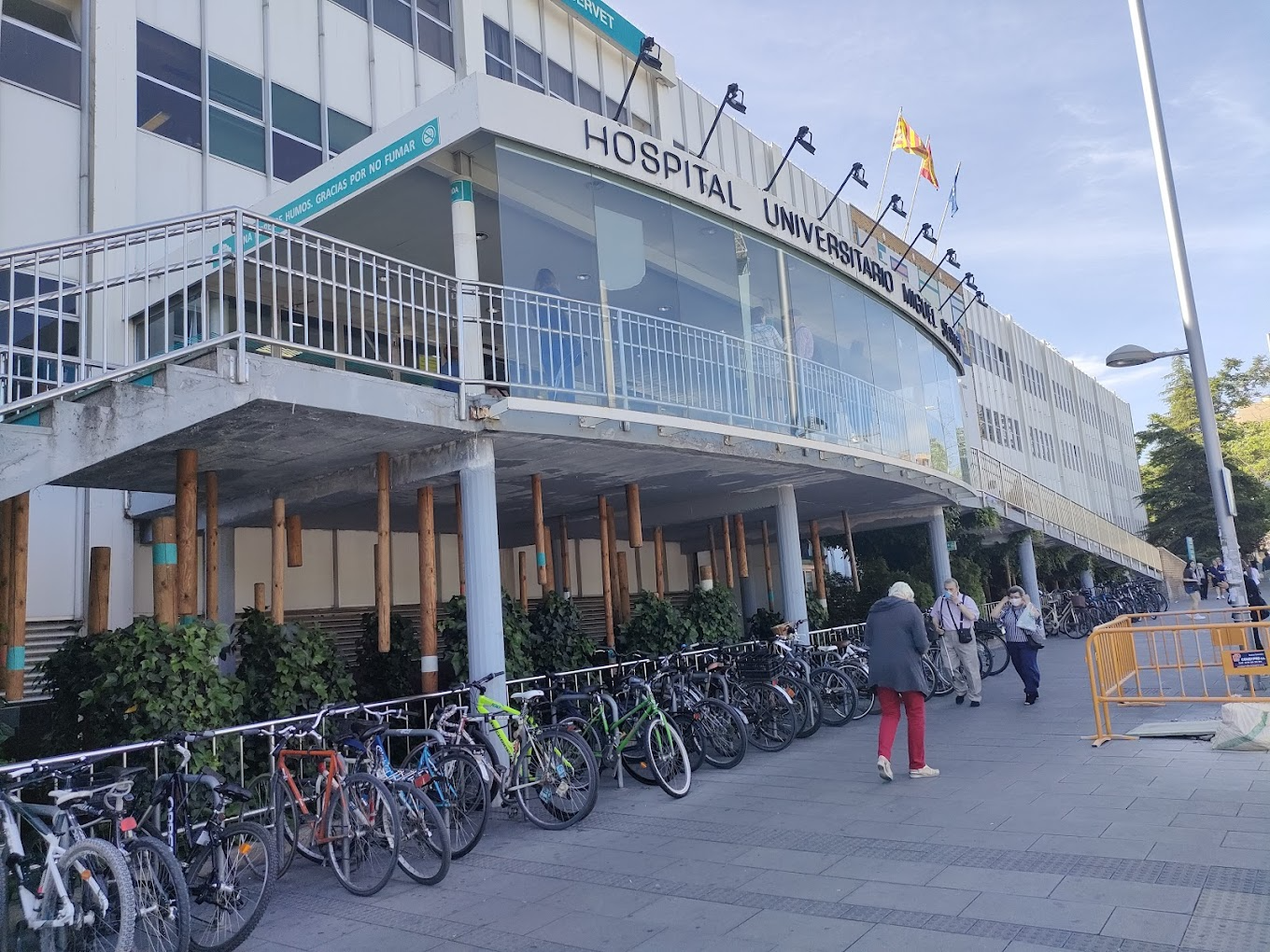They are looking for 120 workers, including night workers, for diabetes research.

- Requirements 120 volunteers
- Risks of night shift workers
- Compare three low-calorie diets
- Contact by email
A diet that controls the distribution of nutrients throughout the day may improve diabetes control in people who work shifts, including night shifts. This is a hypothesis put forward by a group of researchers from Institute Medical Research of Aragon (IIS), the study of which will be carried out in University Hospital Miguel Servet (HUMS) Zaragoza.
Requirements 120 volunteers
This study requires 120 volunteers (men and women). Requirements to participate include being overweight, prediabetic (glucose over 100) or diabetes, working shifts and night shifts, and being an adult.
Those who take diabetes medications (other than metformin) before bed or consume a lot of coffee or energy drinks will not be able to participate.
Members of the research team led by professor of medicine Intern at the University of Zaragoza Fernando ChiveiraThese are doctors Itziar Lamikiz and Rocío Mateo, professors at the same university, and nutritionist Carmen Rodrigo, researcher at the Aragonese Health Research Institute (IIS Aragón).
Risks of night shift workers
The study builds on evidence that night shift workers have a higher risk of developing various diseases, including diabetes.
Video of the day
Sanchez: “The independence movement is not terrorism.”
“They will all be amnestied because they are not terrorists.”
These groups of workers cannot change their work schedule. For this reason, the goal, according to researchers, is to find nutritional strategies that prevent or control the effects of this pathology.
Compare three low-calorie diets
The study consists of comparing the effect of three different types of low-calorie diets on participating volunteers. Each volunteer will be randomly assigned to one of three diets.
“In addition to being included in one of three types of diets, each of the participants will be provided with individual dietary recommendations and plans that will help them follow the eating plan during the 12 weeks of the study,” emphasized Rocío Mateo.
Participants are required to visit the Miguel Servet Hospital half a dozen times for visits and recommendations, and individual follow-up checks will be conducted every two weeks. This study is innovative because several observational studies have been conducted, but there have been no intervention studies with this type of follow-up.
Interested parties should contact the researchers via email: studioturnos2024@gmail.com. Applications by phone are not accepted.
The researchers called a meeting in the morning and another in the afternoon of February 5 in the main hall of the Faculty of Medicine of Zaragoza to provide the volunteers with additional information and resolve any doubts they might have.
Read more